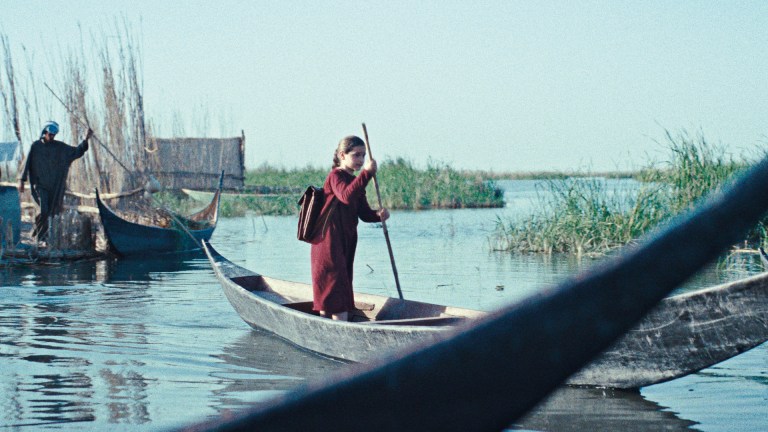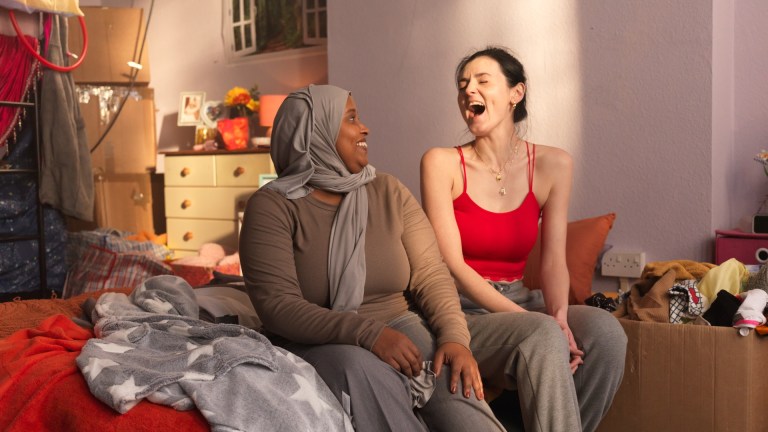When – spoiler alert – footballing legend Diego Maradona broke down in tears at the end of the 1990 World Cup Final following Argentina’s defeat to West Germany in Rome, sympathy for the man was not in abundance.
I for one remember watching that match at home, and I’ll charitably suggest that those of us gathered around the TV that day felt that karma had done its work.
In England, after all, Maradona was, and is, seen as the man who used his hand to help guide Argentina to a World Cup quarter-final win four years earlier (the infamous “Hand of God” goal). What wasn’t so clear to us in England was that by 1990, after years playing for Napoli, even the Italian fanbase who had taken him to their hearts were turning on him. If Maradona was and is a legend, then outside of his home country he’d turned into a hugely unpopular one.
How, then, do you make a film out of that, and get an audience to have at the least some empathy for such a divisive figure? In the case of filmmaker Asif Kapadia, you dig through hundreds of hours of footage from Maradona’s own personal archive, and thread a documentary together from there. Kapadia, of course, has real form here. This is his third feature documentary, centred around a high-profile contemporary figure. His previous two – Senna and Amy – have hauntingly told the stories of Ayrton Senna and Amy Winehouse, been richly acclaimed, and brought Kapadia an Oscar.
Diego Maradona, though, proves a slightly tougher nut to crack. He focuses his film on Maradona’s time at Napoli, a then-unlikely destination for such a high-profile footballer, but as the film explains his choices were limited following an unsuccessful stint playing for Spanish giants Barcelona. Maradona’s arrival at Napoli was the rocket fuel for an unlikely run of success for a team that in 1987 saw the side become the first team from the southern-Italian mainland to ever win the Italian league title (they repeated the feat in 1990).
Tt inevitably feels that there’s a lot more story to be told
As with Kapadia’s previously documentaries, we see this explored not through talking heads, but via often fascinating archive material, with the narrative woven from interviews and material that the director and his team uncovered and put together. There’s thus a lot of football, a glimpse into Maradona’s family life and background, and a sense of the euphoria that greeted him in Italy.









